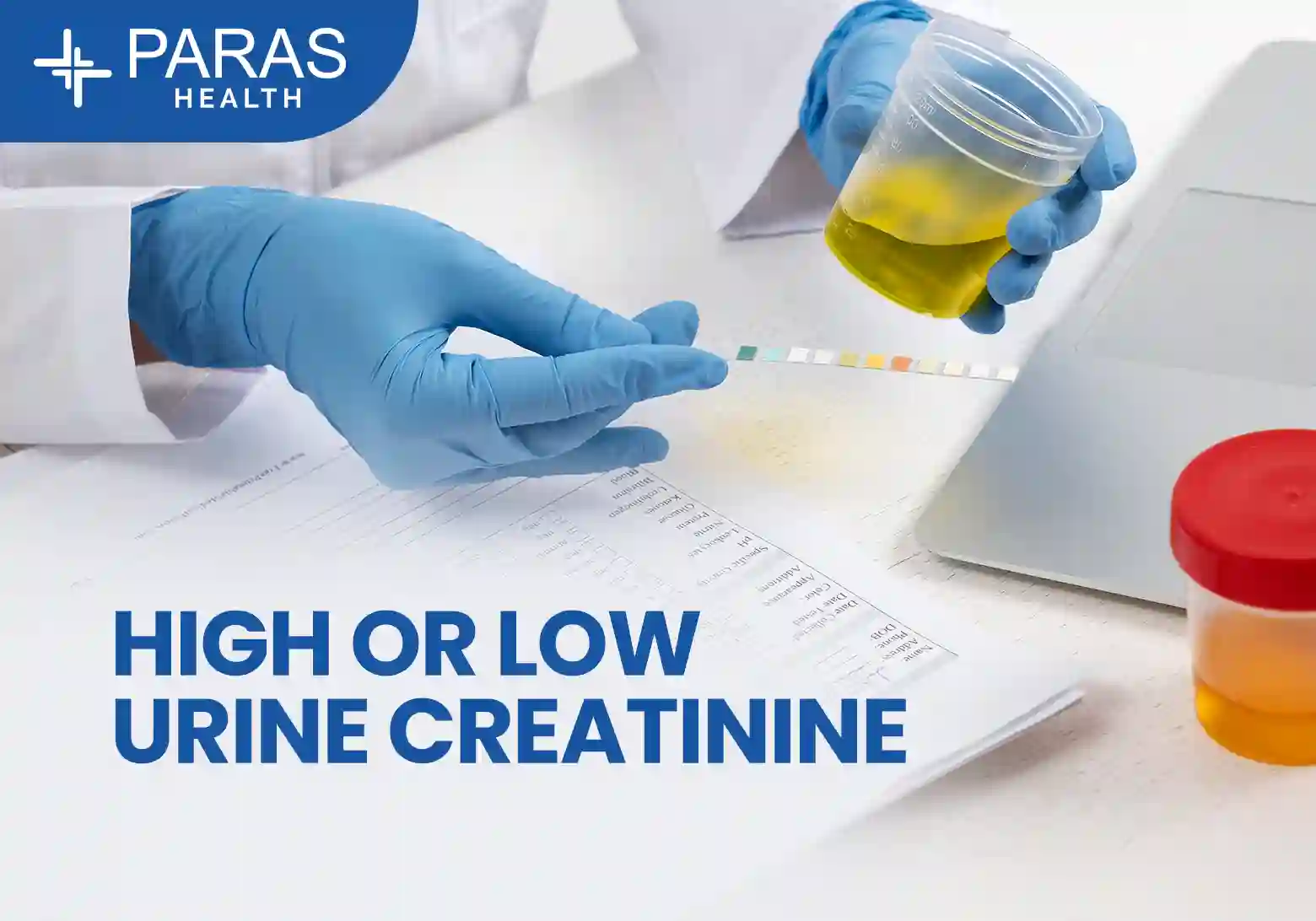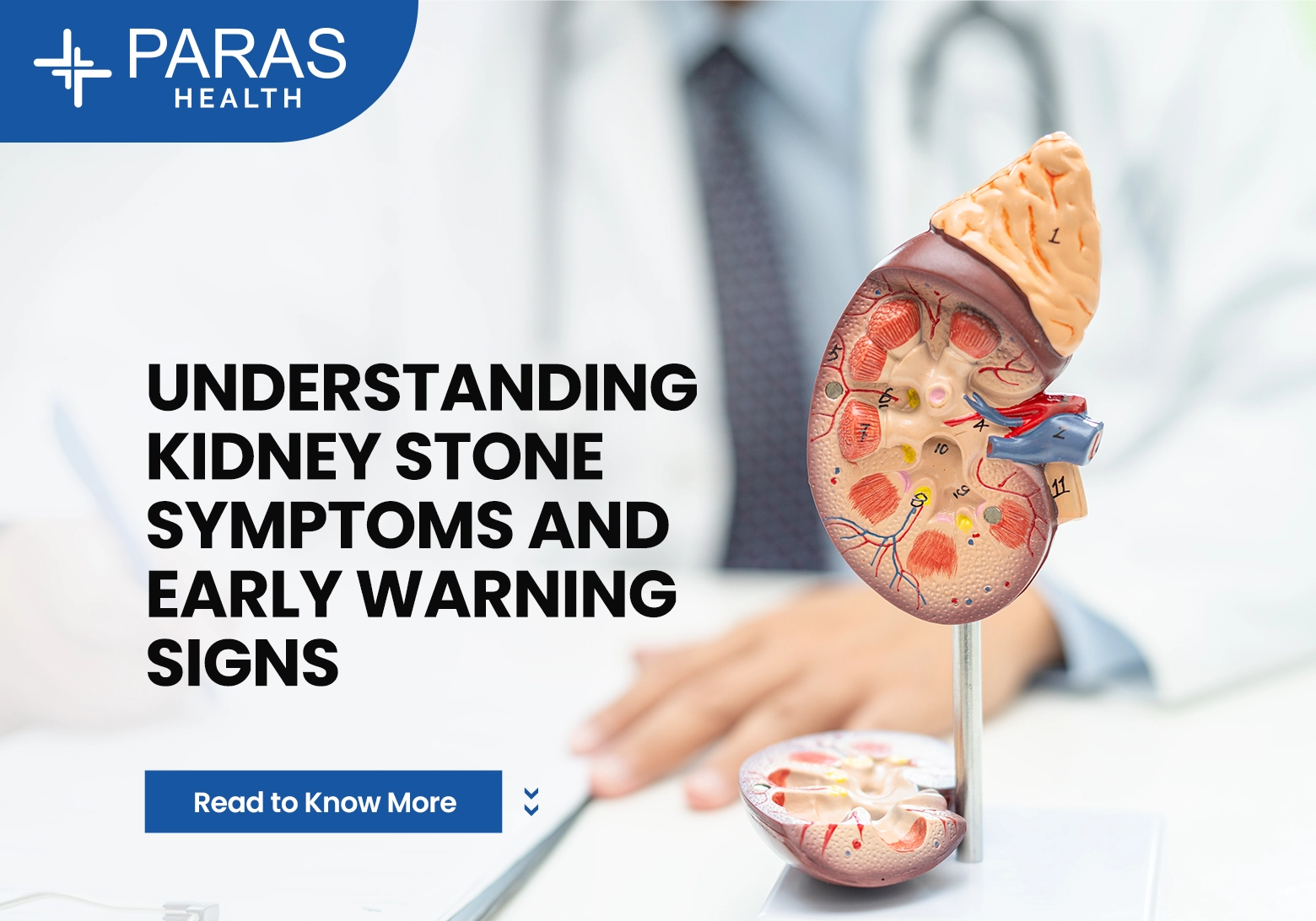Protein intake in chronic kidney disease
Apr 19, 2022
Protein intake in chronic kidney disease
It is important to know how much protein you should consume if you have kidney disease. Your Kidneys are responsible to remove waste products from your body, and consumption of protein produces a lot of nitrogenous waste products including the right amount of protein is important for keeping you healthy, preserving muscle mass, protecting you from various infections, and transporting nutrients all over the body. kidney diseases are divided into five stages according to the severity of Kidney Disease. Stage 5 is the most serious condition when you require renal replacement therapy in form of dialysis or kidney transplantation, the first four stages where kidney function is not that much low when it requires dialysis you need to reduce protein intake to lower the load over the kidneys.

Normal Indian vegetarian diets contents nearly 1to 1.2 gram of protein per kilogram of body weight while a non-vegetarian diet which includes at least one non-vegetarian serving contains 1.2 to 1.3 gram per kilogram of protein.
In the initial 4 stages, you need to cut down your protein intake up to 0.8 to 0.7 gm per kilogram body weight which can be achieved in a normal vegetarian Indian diet by reducing pulses and by reducing some dairy products and one should avoid a nonvegetarian diet in initial 4 stages of Kidney Disease. In the 5th stage of kidney disease where patients are on dialysis need to increase their protein intake up to 1.3 to 1.4 gram per kilogram of body weight by incorporating white meat, egg white, chicken, and fish in their diet or if the patient is a strict vegetarian.
Consuming the right amount of protein is very important in chronic kidney disease .one should avoid very low protein as it can cause low immunity and muscle wasting. Animal source of proteins has all the essential amino acids which are the building blocks of body animal source of proteins vary in their amount of fat. Red meat egg yolk and dairy products have the highest amount of fat while fish poultry and fat-free dietary products have the lowest amount of saturated fats. Plant sources of proteins are generally lacking in one or more essential amino acids hence they consider to be low-quality proteins.
Plant source of proteins includes beans lentils peanut butter, nuts, seeds, and whole Grain you need protein every day to meet out your body’s need but if you have Kidney Disease your body may not be able to remove all the waste from protein in your diet. Excess dietary protein waste can cause nausea reduced appetite & altered taste. CKD patients who are not on dialysis should reduce their protein intake to retard the progression of their Kidney Disease while dialysis patients should increase protein intake to meet out losses during the dialysis process and low intake due to reduced appetite.









